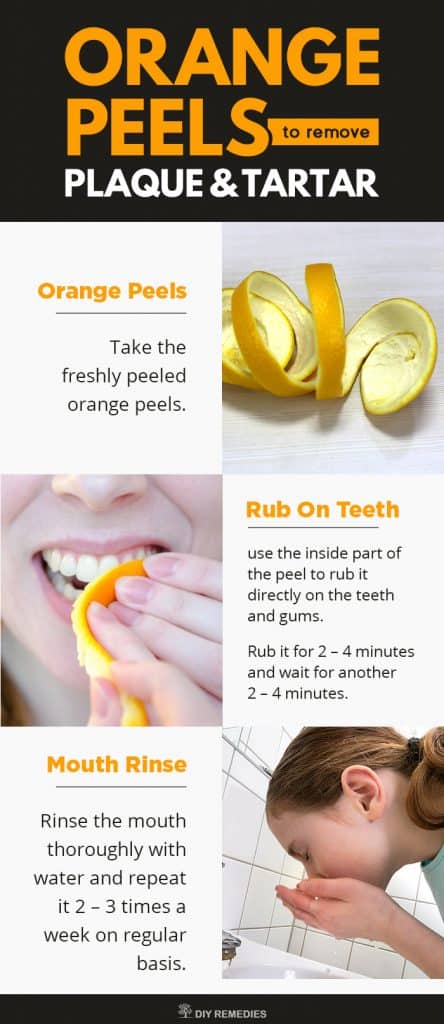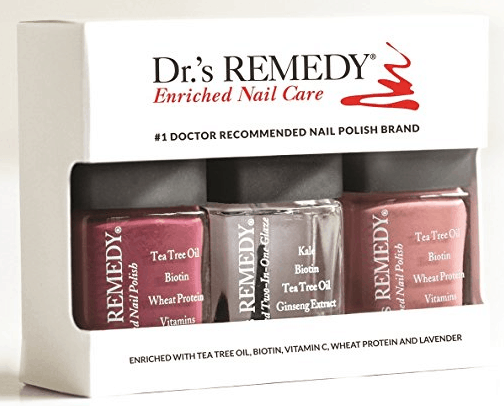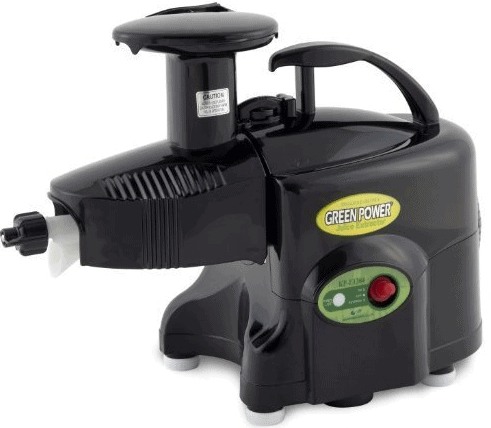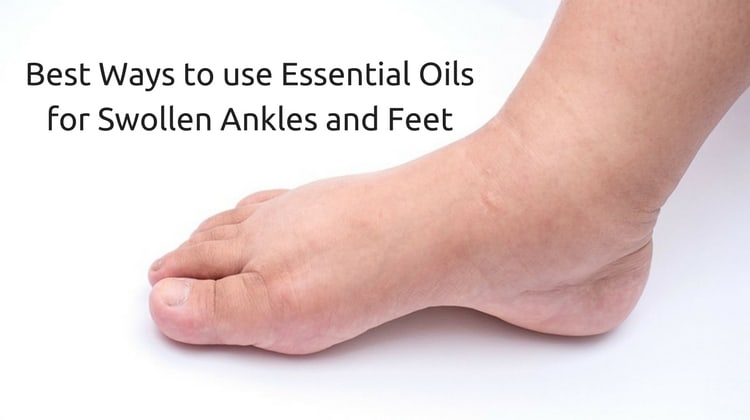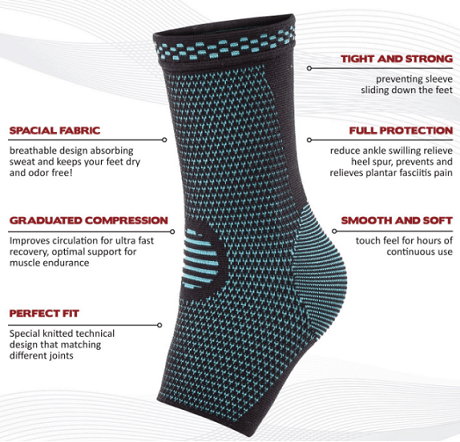7 Best ways to Remove Plaque and Tartar
Oral hygiene is essential to prevent many oral problems like plaque and tartar on the teeth and not let the teeth pain, sensitivity, and gum swelling from the bacterial infection troubles you. Oral care like brushing, flossing, mouth wash, regular dental checkups helps you to prevent the formation of plaque and tartar on the teeth.
What are Plaque and Tartar?
Contents
Plaque and tartar are interchangeably used words but there are different. Plaque is a sticky, soft biofilm composed of bacteria that build up on your teeth, gums, dentures, dental fillings, tongue, and crowns.
When the minerals in your saliva combined with the multiple layers of plaque then it hardens into a white, chalky calcified substance called as tartar. So, if you don’t treat plaque buildup in time then it will turn to tartar.
This generally creates a breeding ground for the oral bacteria to feed on sugars from the food which we eat. Also, the acids formed during this process will break down the tooth enamel and thus result in dental cavities. The bacteria produce toxins which in turn results in various periodontal (gum) problems.
Reasons for forming Plaque:
There are many factors contributing to the buildup of plaque such as bad brushing techniques, improper oral hygiene, heredity, poor diet and lack of professional care. If left untreated then it results in gross plaque buildup, serious gum diseases, bad breath, cavities, tooth decay, etc.
Is it possible to clear plaque & tartar at Home?
Yes, we can easily spot plaque and tartar at home and clear it completely. This will help to protect enamel, prevent developing dental caries or cavities, and avoid losing teeth. Proper brushing and following some natural remedies will definitely help you in getting rid of plaque and tartar.
Home Remedies for Plaque and Tartar:
To get an idea on how to remove this plaque and tartar in natural ways, you have to follow the below-mentioned home remedies regularly. Remember that if you remove the plaque regularly then you can easily prevent permanent tooth decay.
Here are few natural home remedies that widely used to get rid of the dental plaque and tartar. Let’s get started.
Remedy – 1: (Oil Pulling)
Oil pulling is an ancient practice that supports your oral health and thereby removes plaque (or its buildup) from teeth. Using virgin coconut oil which has rich content of lauric acid that exhibits antimicrobial and anti-inflammatory properties will work well for oil pulling.
In a study conducted by medical journal stated that the oil pulling/oil swishing with coconut oil is very effective in reducing the formation of plaque on your teeth. It absorbs all the impurities from the oral cavity and pulls off from your mouth.
- Take 1 tablespoon of coconut oil into your mouth and start swishing it all around the mouth for 15 – 20 minutes.
Spit out without gargling or swallowing the mix.
Finally, brush your teeth as usual and continue doing this oil pulling in the morning with an empty stomach for 2 – 3 times a week.
Note:
- Or simply massage your gums daily with few drops of coconut oil to remove the plaque.
Use lukewarm sesame oil instead of coconut oil for oil pulling to get rid of the plaque and tartar.
Remedy – 2: (Baking Soda)
Baking soda exhibits an antibacterial effect that prevents the bacteria getting into the mouth and forming plaque and tartar. It has antacid that restores the pH balance in the mouth and soothes your teeth and gums. It not only removes tartar but also whitening your teeth.
Here are few ways of using baking soda to get rid of plaque and tartar. Follow them for once or twice a week.
- Place 1 teaspoon of salt and 2 teaspoons of baking soda in a bowl and stir well. Then dip a damp toothbrush into this mix and use it to brush your teeth gently.
Use baking soda as your tooth powder by simply sprinkling some baking soda on your wet toothbrush. Brush your teeth and rinse your teeth and mouth thoroughly with lukewarm water.
Pour enough hydrogen peroxide in 1 teaspoon of baking soda and mix well to make a paste. Use this paste as your toothpaste to brush your teeth and gums. Make sure to spit out and rinse your mouth thoroughly with lukewarm water.
Note: Usage of baking soda in excess amounts will damage your tooth enamel over time. So, be cautious while using baking soda on your teeth.
Remedy – 3: (Orange Peels)
Orange peels are effective in fighting the microorganisms in the mouth and also helps to whiten tartar stained teeth. The limonene in orange peels helps to break down the plaque without eroding the enamel and the rich content of vitamin C helps to prevent the growth of microorganisms on the teeth.
- Take the freshly peeled orange peels and use the inside part of the peel to rub it directly on the teeth and gums.
Rub it for 2 – 4 minutes and wait for another 2 – 4 minutes.
Rinse the mouth thoroughly with water and repeat it 2 – 3 times a week on regular basis.
Note: Or prepare an orange peel paste by mixing orange peel powder with some water and apply it on your teeth. Let it sit for few minutes and rinse it off with water.
Remedy – 4: (Aloe Vera)
The antimicrobial property of aloe vera helps a lot in dealing with gum problems caused by plaque and tartar. It also helps to clear bad breath and soothes the irritated gums.
In a study, it is found that aloe vera has the similar effect on the gingivitis and plaque when compared with over the counter mouthwash.
Here are few ways of using aloe vera for clearing plaque and tartar.
- Extract aloe vera pulp freshly from an aloe leaf and use this gel to rub it directly on the teeth and gum line. Wait for 10 minutes and rinse your mouth with cold water. Repeat it twice daily for few days.
Mix 1 teaspoon of aloe vera, 10 drops of lemon essential oil, 4 teaspoons of vegetable glycerine and 4 tablespoons of baking soda in 1 cup of water to make a paste. Use it to scrub your teeth for a couple of minutes. Rinse your mouth with water to clear this mix and thereby tartar. Do it 3 – 4 times a week.
Remedy – 5: (Cloves)
In general, cloves are used to treat a toothache with its pain relieving property. It has antimicrobial and antibacterial properties that help to fight against microbes in the mouth causing plaque and tartar.
Here are few ways of using cloves for treating plaque.
- Add a little olive oil (or water) in 1 teaspoon of powdered cloves and stir well to make a paste. Apply this mix on your teeth and rinse off with lukewarm water after few minutes. Continue this for twice daily.
Chew 1 – 3 cloves regularly to support your oral health and to reduce bad breath caused by the bacteria in your mouth.
Remedy – 6: (Vinegar)
The acetic acid in vinegar helps to prevent demineralization of enamel and thereby reduces the accumulation of plaque. It has antibacterial and anti-inflammatory properties that help to clear the bacterial action and soothe the irritated tooth gum.
- Add 2 teaspoons of vinegar and 1 teaspoon of salt in 1/2 cup of warm water.
Stir well until the salt and vinegar mixed properly in water.
Now use this water to rinse your mouth thoroughly.
Repeat the same process for once or twice daily to get rid of plaque or tartar.
Remedy – 7: (Antiseptic Oral Cleanser)
The usage of antiseptic mouthwash and hydrogen peroxide will clear the action of microbes on your teeth and mouth. It also loosens and removes the tartar along with clearing bad breath.
- Mix 1 tablespoon of antiseptic mouthwash in 3 tablespoons of hydrogen peroxide (3%) solution.
Stir well and use 10 ml of this mix to gargle for a minute or two.
Rinse your mouth with water after gargling and repeat it after each meal or at least once daily to get rid of plaque and tartar.
Tips to maintain dental hygiene:
To get rid of plaque and tartar, you have to follow some simple tips which are mentioned below.
- Improper brushing can result in the formation of plaque. So, brush your teeth for twice daily with good toothpaste (prefer fluoride toothpaste) on a soft, nylon brush with round bristles (prefer an electric toothbrush).
Hold your brush at an angle of 45˚ against the gum line while brushing.
Also, brush your tongue after brushing teeth to prevent the growth of bacteria which in turn leads to the buildup of plaque.
Chewing a handful of sesame seeds (not to swallow) will scrub the teeth and remove tartar. Finally, brush your teeth while the seeds are in the mouth with a dry toothbrush.
Eating crunchy foods (like apple, carrots, figs, cucumber, etc.) or applying vitamin C rich foods (like strawberries, berries, papaya, lemon, tomatoes, etc.) will help to soften and clear the tartar.
Use dental floss to clean your teeth and gums regularly, as flossing helps to remove tartar and plaque. Regular flossing will maintain good oral hygiene by preventing tartar formation and keep cavities away.
Chewing some tender guava leaves thoroughly and spit out to reduce the risk of plaque formation on the teeth with its antiplaque agents and analgesic and anti-inflammatory properties.
You can also use rosemary (or sage or thyme) oil by mixing 2 – 4 drops of rosemary essential oil in 1 tablespoon of carrier oil or water. Swish it through the teeth for 10 minutes and spit it out. Brush your teeth as usual. Do it 2 – 3 times a week to get relief from plaque and tartar.
Rinsing your mouth with black tea will reduce the risk of plaque formation and bacterial action. It protects the tooth enamel and reduces tooth decay.
Saliva helps a lot in cleaning your teeth and gums and thereby fights dental decay and gum disease. So, eat spicy foods, hard cheese (after meals), figs, melons (1 hour after meals), etc. to get rid of plaque and tartar.
At certain times, you can use dental picks to remove the hardened tartar from the teeth by checking in a lightened magnifying mirror. Make sure to do it with an utmost care.
Avoid eating too much of starchy or sugary foods and be sure to drink plenty of water and consume a healthy food to clean your teeth and strengthen your gums naturally.
Consult your dentist for twice every year for a complete dental check up and take their advice to keep your teeth and mouth clean and healthy.
Final Word:
Negligence on your oral care will result in the buildup of dental plaque and tartar on your teeth. So, follow these natural ways to remove tartar from your teeth and thereby prevent oral diseases.
Do you know any other successful natural ways to remove tartar and prevent the buildup of plaque? Then share it with us in the below comments box.
FAQ’s:
1. How long the tartar takes to form on teeth?
It’s different for everyone, as per their oral hygiene but on an average, the tartar takes about 12 days to form from the plaque.
2. Is smoking causes tartar?
Yes, smoking plays havoc with oral or dental hygiene. The tobacco is mainly responsible for the accumulation of tartar in and around the gum line. So, quit smoking to get rid of tartar and also from various health disorders.
3. What kind of toothpaste and toothbrush used to remove tartar?
You can use fluoride toothpaste or any tartar control toothpaste to strengthen the tooth enamel, remineralize the affected area and protect the teeth from bacteria causing plaque and tartar.
Coming to a toothbrush, you have to use a soft bristled toothbrush by holding it at 45-degree angle to the gum line. So that it clean your teeth thoroughly. Also, you can use an electric toothbrush for proper brushing and keep the teeth clean and healthy.
4. Why tartar buildup on the teeth?
We know that the bacteria in the mouth are responsible for forming plaque on the teeth and due to bad oral hygiene practices and consume unhealthy diet will make the plaque to hardens. This, in turn, results in the buildup of tartar on the teeth.
5. What happens if tartar left untreated?
If you didn’t remove tartar completely then it keeps on accumulating and calcifying on the gums and teeth. Then this hard and porous tartar will develop into a ground for harmful bacteria and thus damages your oral health. It may result in enamel damage, gingivitis, toothache, gum disorders and eventually loss of teeth.
6. Is it a right decision to use lemon for clearing tartar? As I heard that it damages the tooth enamel.
The acidic nature of lemon will exhibit antimicrobial properties which help to remove the plaque and tartar. It also helps to whiten your teeth and prevent bad breath. If you use this lemon juice daily then it may damage your teeth enamel. So, apply lemon juice once a week and rinse your mouth thoroughly with tepid water.
Source link wallx.net
